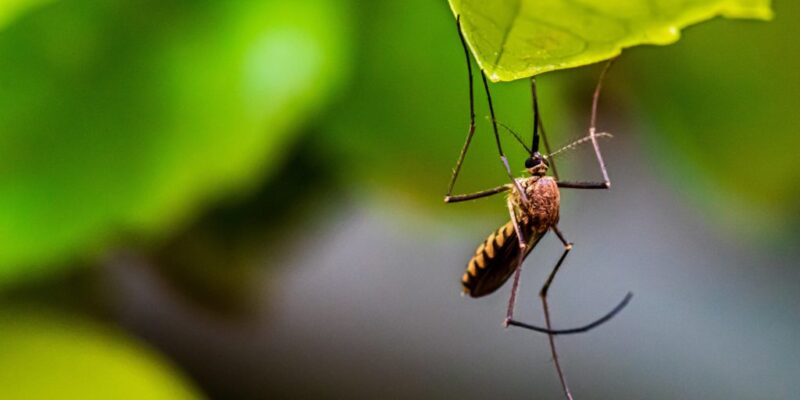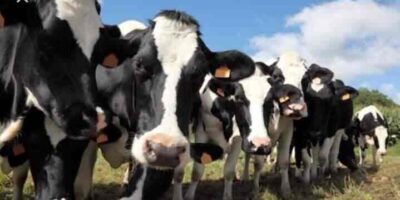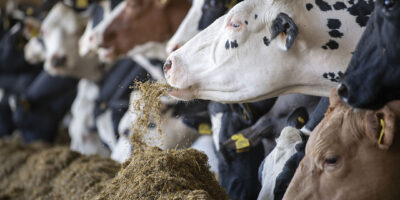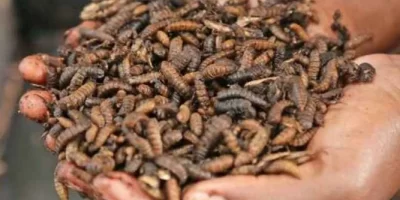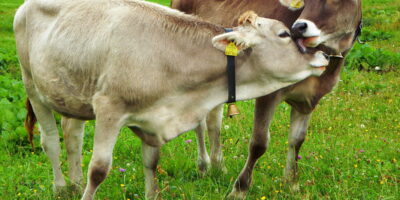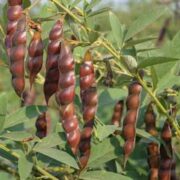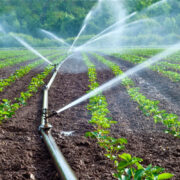Mosquito Menace: Mosquitoes can be a big problem on farms, not just because they’re annoying, but because they can spread diseases to animals and humans. Farms provide a perfect breeding ground for mosquitoes due to all the water sources. This can affect livestock, like cows, horses, and goats, making them less healthy and productive. Healthy animals are crucial for a steady supply of good food.
To keep farms mosquito-free, there are three basic principles to follow:
1. Get rid of stagnant water that’s been sitting for more than four days.
2. Manage the irrigation system to avoid water standing around for more than four days.
3. Take care of areas near ponds, ditches, and shallow wetlands.
Also Read: National Nutrition Week: National Nutrition Week 2023 – Nourishing Foods and Festive Ideas!
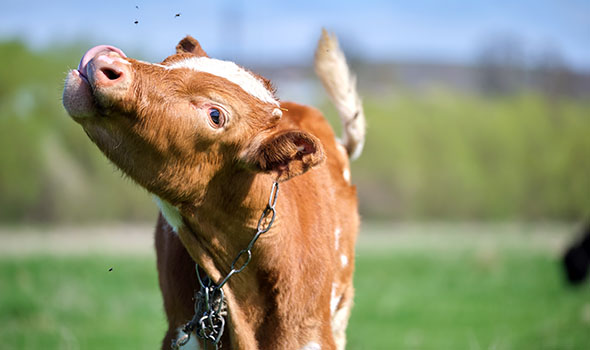
Mosquitoes management on farm
Stagnant water is like a mosquito playground, found in places like ponds, ditches, and even old tires or clogged gutters. Weeds and shallow water with runoff from fertilizers or manure can also become mosquito hotspots. To prevent this, you need good drainage, less fertilizer, and buffer zones between fields and wetlands. Controlling weeds can also help natural mosquito predators.
For coastal farms, watch out for water from tides or rain. Use ditches to drain it away. You might also need levees with tide gates to control water levels.
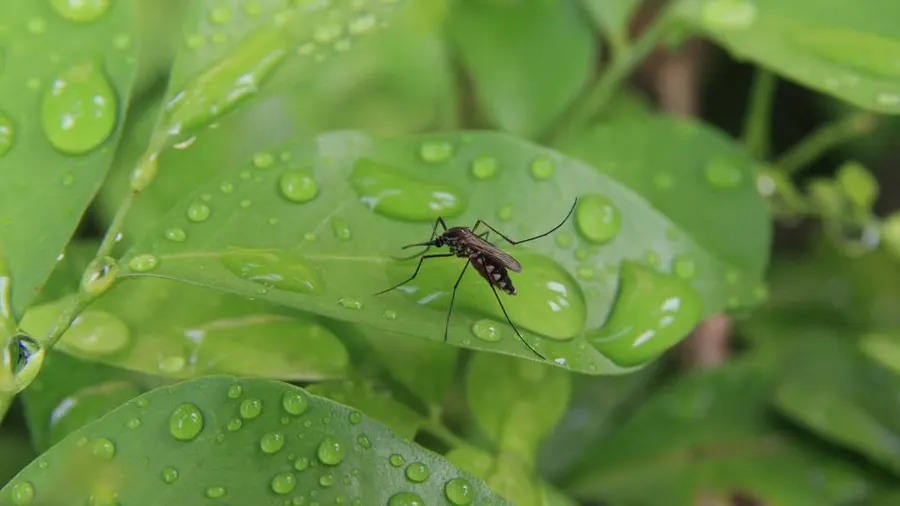
Mosquitoes management on farm
To control mosquitoes in ponds, make sure the sides and bottom are level, keep plants in check, and add insects-eating fish. For field ditches, plow them after irrigation to prevent standing water. Fix any leaks in gates or structures to stop still water pools.
Use specific lighting that mosquitoes don’t like, like yellow incandescent or fluorescent lights in barns. And consider recycling wastewater for irrigation to reduce standing water.
Keeping mosquitoes away from farms is vital for both the health of the animals and the food supply.
Also Read: Silage Feeding: Elevating Livestock Health and Milk Production Through Silage Feed

